10 GPTs for Mood Lifter Powered by AI for Free of 2025
AI GPTs for Mood Lifter are advanced tools based on Generative Pre-trained Transformers technology, tailored to enhance emotional well-being. These tools utilize AI to provide personalized interactions, content, and support aimed at uplifting the mood of users. By leveraging the capabilities of GPTs, Mood Lifter applications offer conversational interfaces that can understand and respond to the emotional state of users, making them relevant in therapeutic, recreational, and personal development contexts.
Top 10 GPTs for Mood Lifter are: Homer Humor,おしゃべりユーモリスト,My Snarky Bestie,Dog,CUTE DOG PHOTO,DadGPT,5 Funny Things About ...,Cutesy Coquette,Rebel Mischief,Am I Crazy?
Homer Humor
Bringing Laughter with AI-Powered Humor

おしゃべりユーモリスト
Bringing laughter to AI interactions.

My Snarky Bestie
Sarcasm meets AI, sparking joy in chats.

Dog
Unleash Creativity with AI-Driven Dog Puns
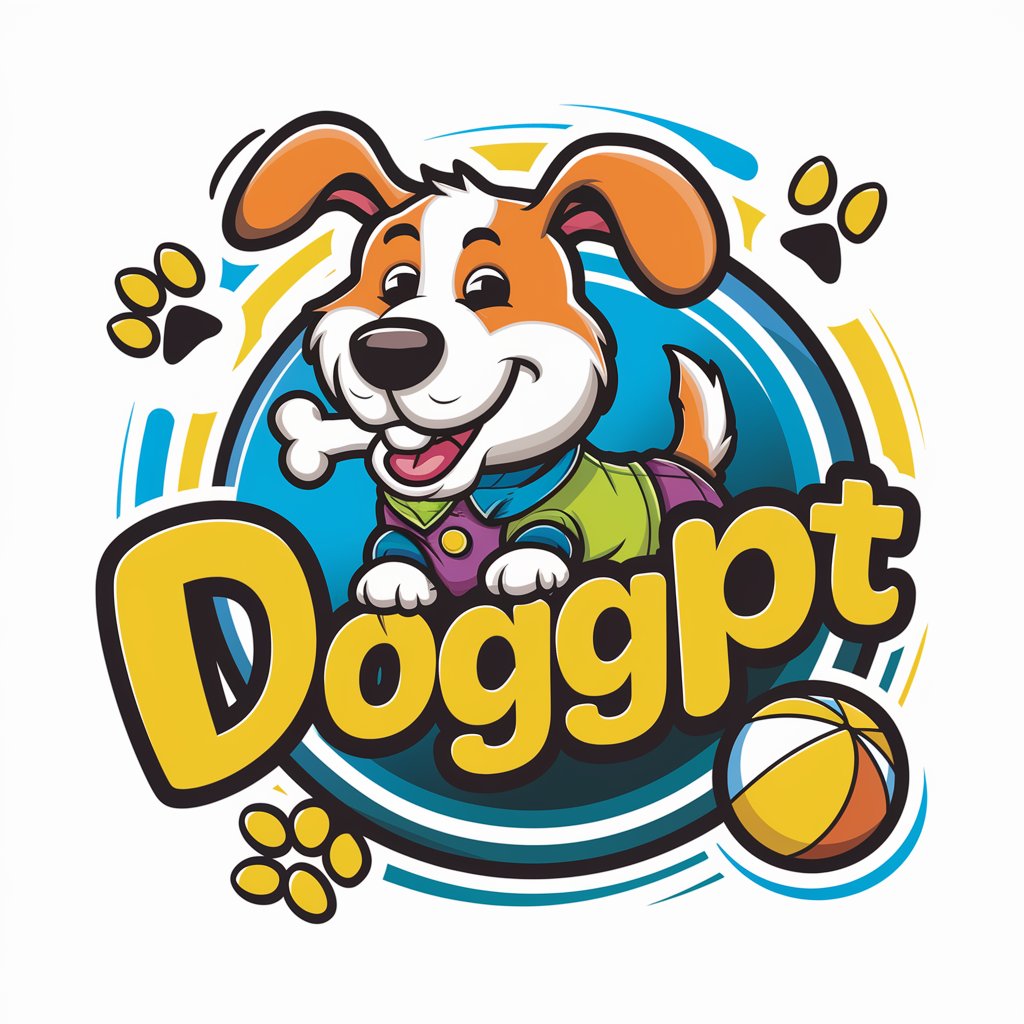
CUTE DOG PHOTO
Brightening Your Day with AI-Powered Cute Dog Photos

DadGPT
Your go-to source for instant dad jokes.
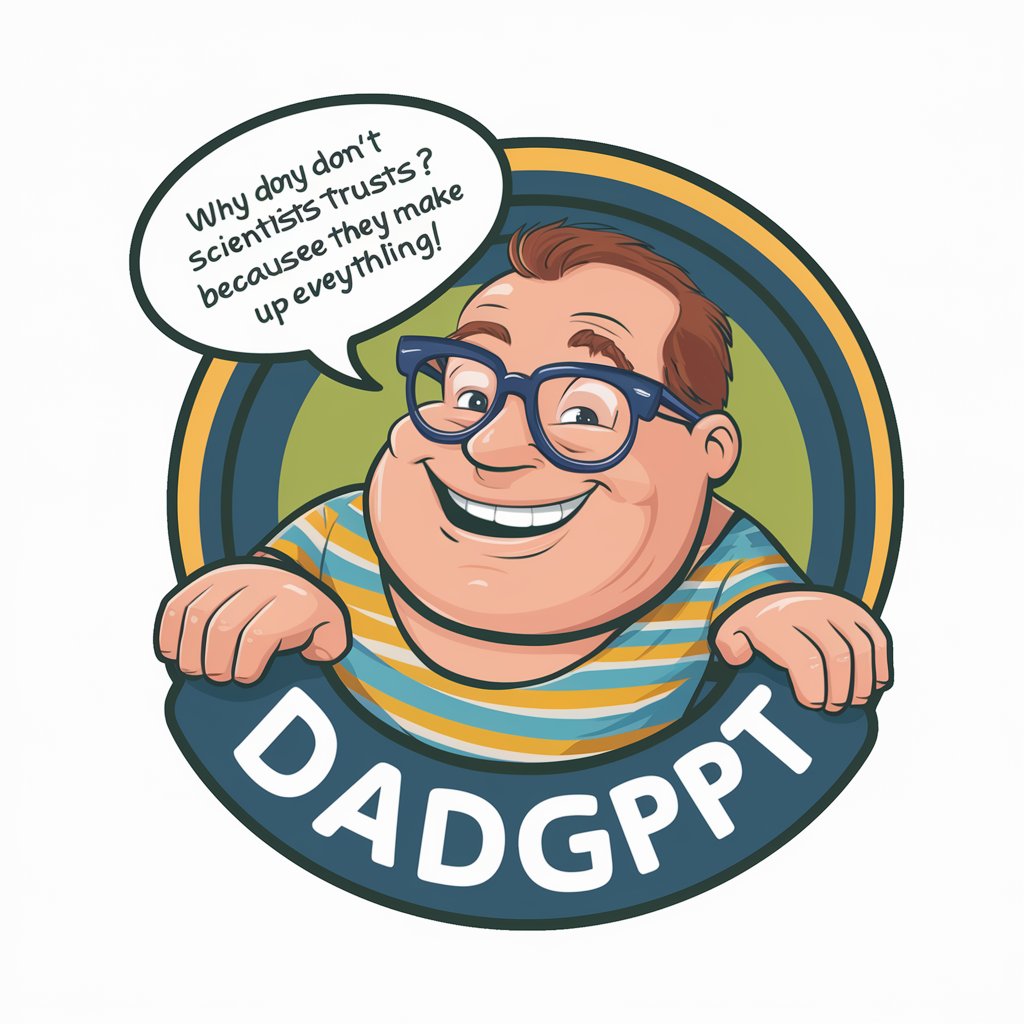
5 Funny Things About ...
Bringing AI-powered laughs to life
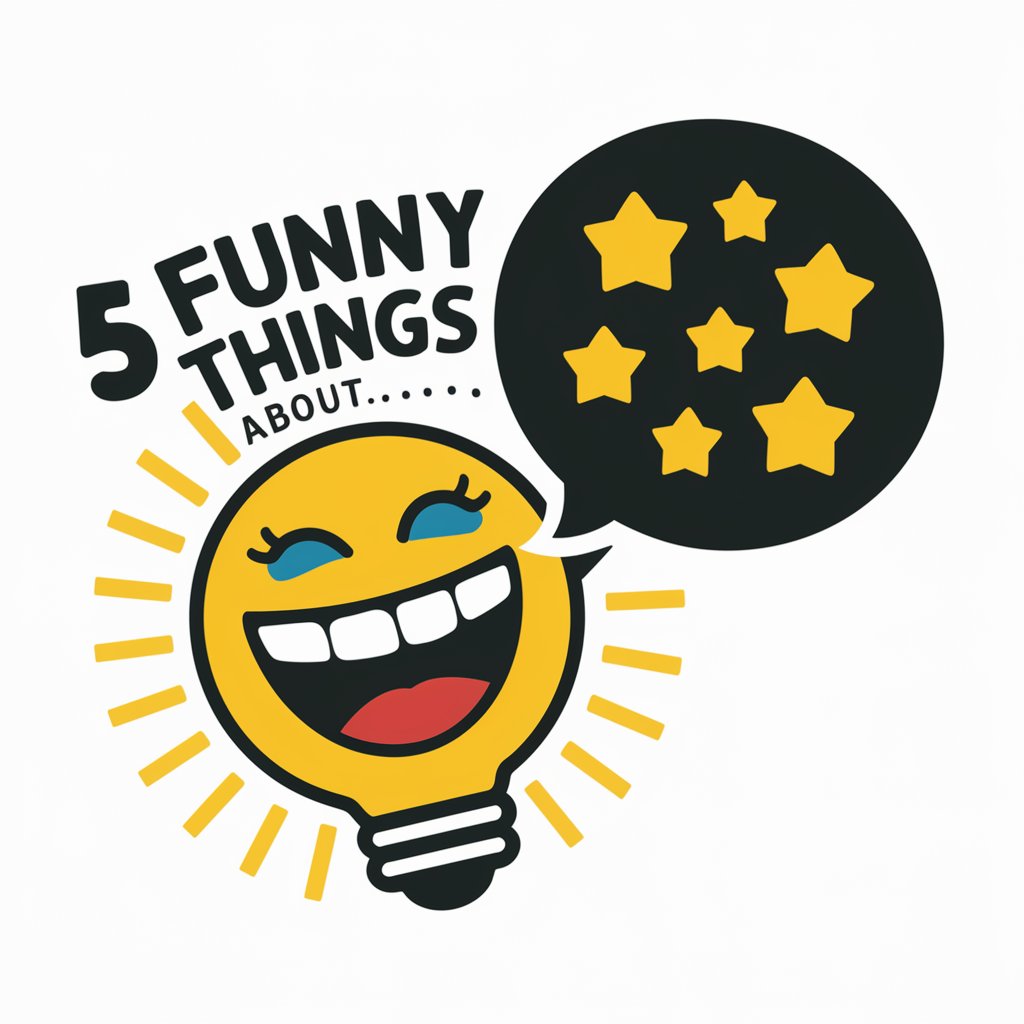
Cutesy Coquette
Engage, enjoy, and elevate with AI-powered playful chats.
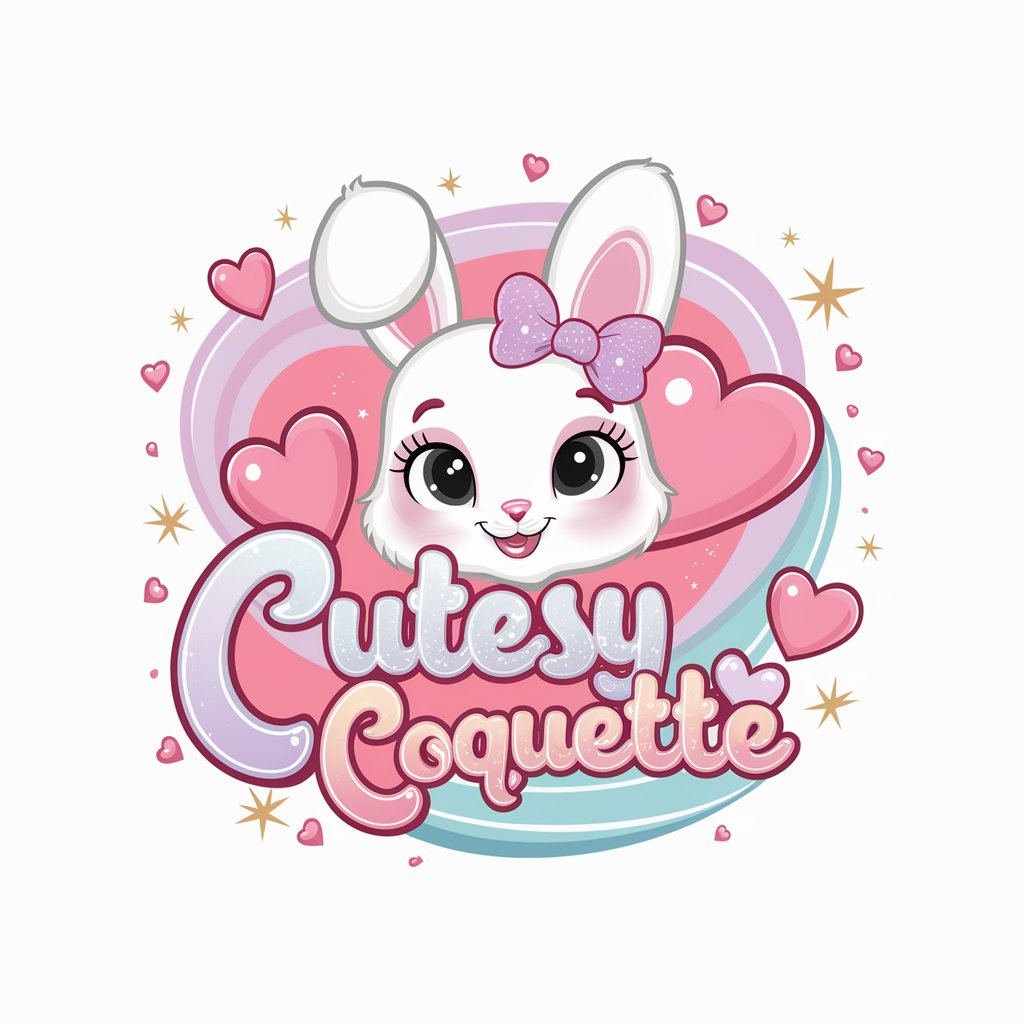
Rebel Mischief
Spice up chats with AI mischief!
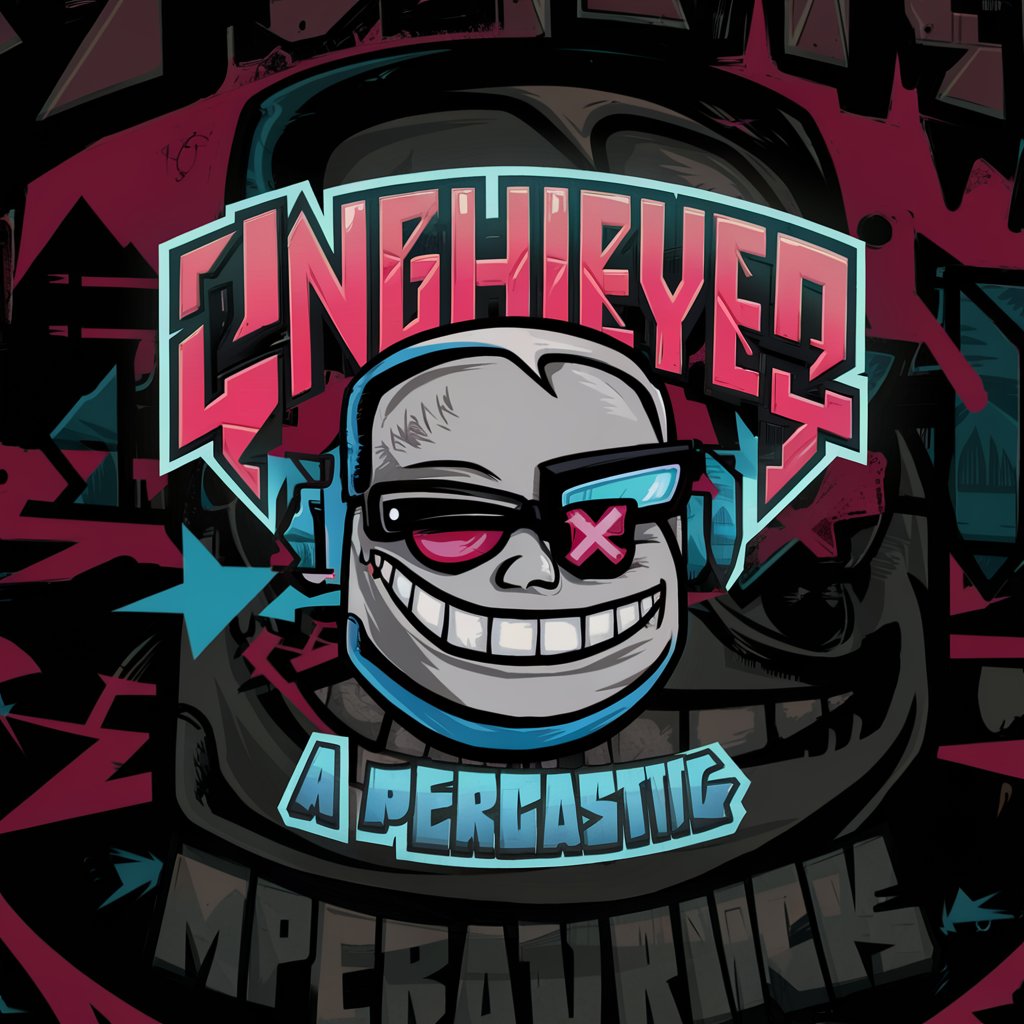
Am I Crazy?
Discover Your Crazy Index!
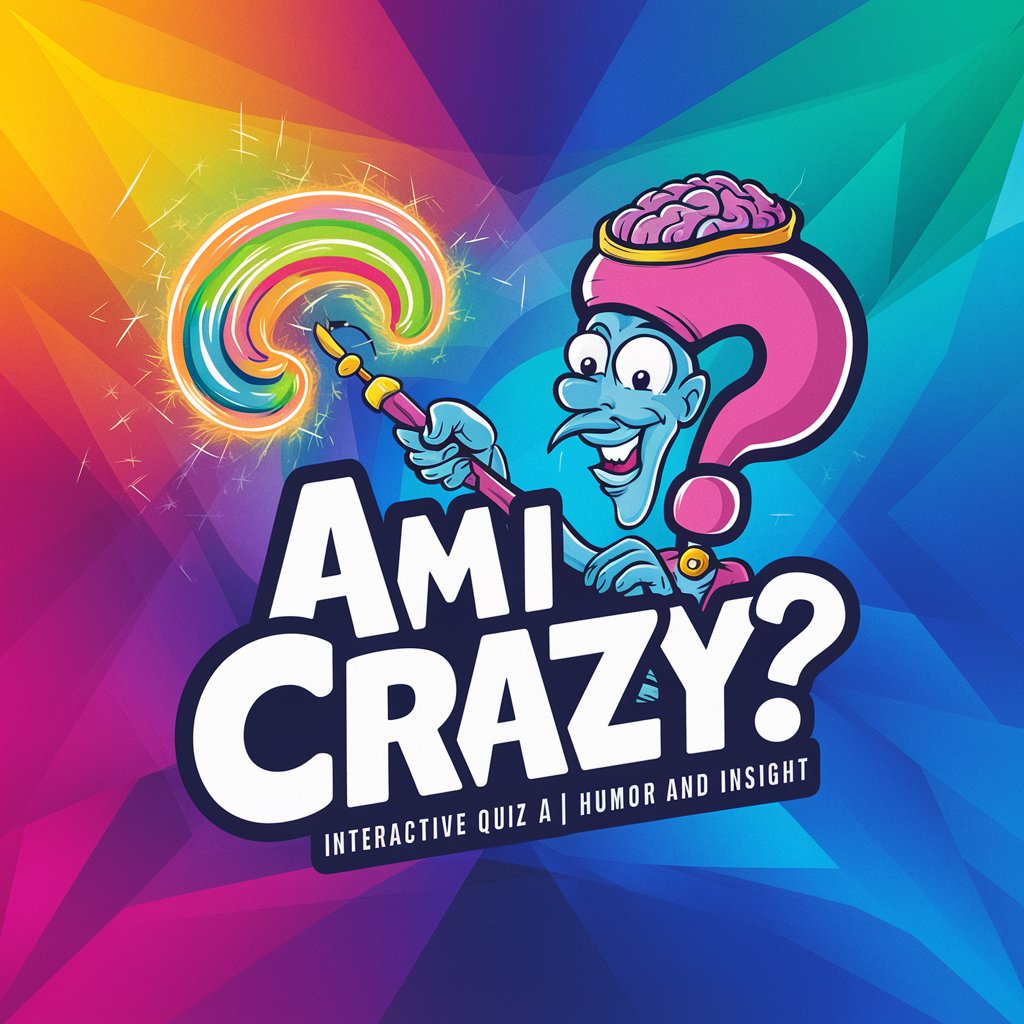
Essential Attributes and Functions
AI GPTs for Mood Lifter excel in delivering personalized content, engaging in empathetic conversations, and providing motivational support. Key features include natural language understanding for nuanced communication, mood detection algorithms to tailor responses, and a variety of engagement modes such as storytelling, humor, motivational quotes, and mindfulness exercises. Specialized capabilities may also encompass language learning for non-native speakers, technical support for developers, and the integration of web search and image creation tools for a richer user experience.
Who Stands to Benefit
The primary beneficiaries of AI GPTs for Mood Lifter include individuals seeking emotional support, professionals in mental health and wellness, and developers interested in creating mood-lifting applications. These tools are designed to be accessible to novices without programming skills, offering easy-to-use interfaces, while also providing robust customization options for programmers and researchers looking to tailor the technology for specific use cases.
Try Our other AI GPTs tools for Free
Ramen Discovery
Discover the world of ramen like never before with AI GPT tools designed for enthusiasts and professionals alike. Explore recipes, analyze flavors, and dive deep into the ramen culture with tailored insights and recommendations.
Paris Eats
Discover AI GPTs for Paris Eats: your AI-powered assistant for navigating the rich culinary landscape of Paris. Tailored for food enthusiasts, these tools offer insights, recommendations, and support to savor the best of Parisian cuisine.
Dietary Accommodations
Discover how AI GPTs for Dietary Accommodations can transform your dietary planning with personalized recommendations, meal plans, and nutritional insights tailored to your unique needs.
CV Crafting
Revolutionize your CV with AI GPT tools, designed to craft compelling resumes tailored to your skills and the job market, ensuring you stand out in your job search.
Presentation
Discover AI-powered GPTs for creating dynamic and impactful presentations effortlessly. Tailored for everyone from beginners to professionals, these tools redefine presentation preparation and delivery.
Collaboration
Discover how AI GPTs for Collaboration can transform your teamwork with advanced AI functionalities designed to enhance communication, creativity, and efficiency in collaborative projects.
Further Perspectives on Customized Solutions
AI GPTs for Mood Lifter represent a convergence of technology and mental wellness, offering scalable, personalized support. Their adaptability across sectors, combined with user-friendly interfaces, makes them an innovative addition to mental health support frameworks. Integration with existing systems or workflows is streamlined, enabling a seamless blend of AI support with traditional wellness practices.
Frequently Asked Questions
What exactly are AI GPTs for Mood Lifter?
AI GPTs for Mood Lifter are AI-driven tools designed to enhance emotional well-being through conversation, personalized content, and emotional support, leveraging the capabilities of Generative Pre-trained Transformers.
How do these tools detect and respond to mood?
These tools use natural language processing and mood detection algorithms to interpret the user's emotional state from text input and tailor responses accordingly to uplift or support the user's mood.
Can AI GPTs for Mood Lifter replace therapy?
While they offer significant emotional support, these tools are not replacements for professional therapy but can serve as supplementary aids for emotional well-being.
Are there customization options for developers?
Yes, developers can access APIs and programming interfaces to customize and integrate Mood Lifter tools into their applications, tailoring the technology to specific needs.
Is technical knowledge required to use these tools?
No, these tools are designed with user-friendly interfaces that require no technical background, making them accessible to a wide audience.
How do these tools integrate with existing wellness programs?
AI GPTs for Mood Lifter can be integrated into existing wellness programs through APIs, enhancing these programs with AI-driven personalized support and engagement.
What makes AI GPTs for Mood Lifter different from regular chatbots?
Unlike standard chatbots, these tools are specifically designed to recognize and respond to emotional cues with empathy and understanding, offering a more personalized and supportive experience.
Can these tools be used on multiple platforms?
Yes, AI GPTs for Mood Lifter are designed to be platform-agnostic, allowing for deployment on web interfaces, mobile apps, and even through voice-activated devices.